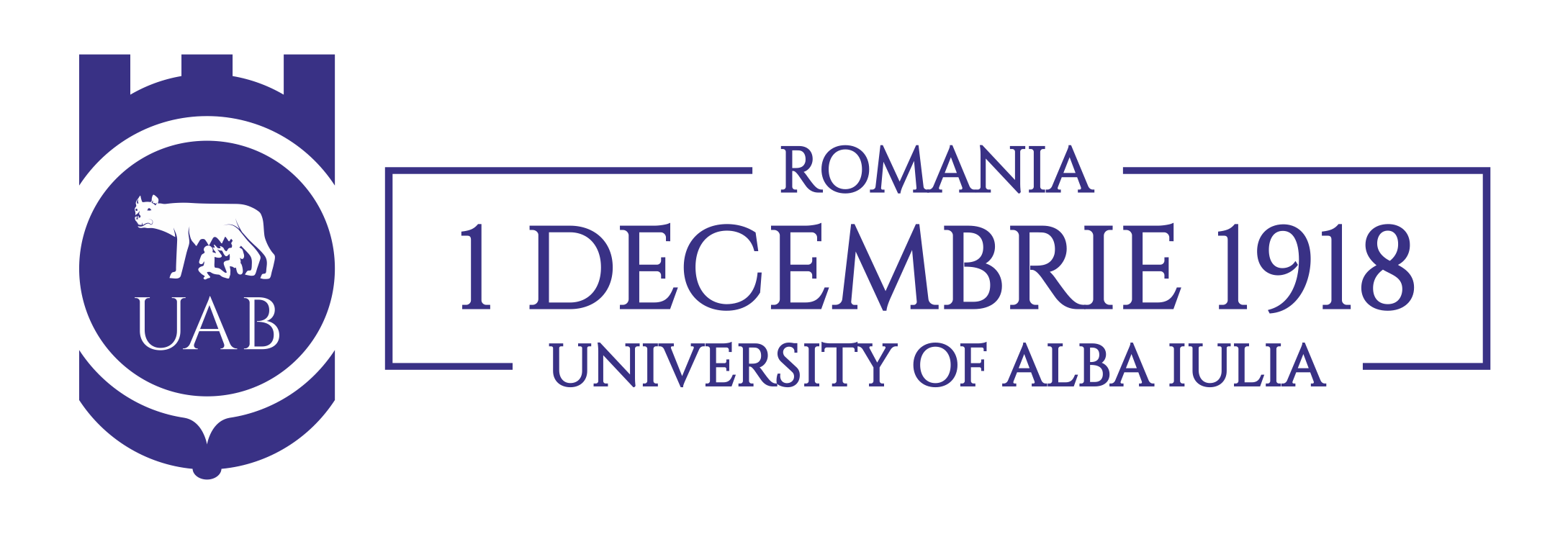Curicullum Vitae (CV-Resume)
The CV reflects the professional activity, a biography of it. When considering an application, potential employers need a minimum of information about who is applying for a position available within the company. So they need the short professional biography I mentioned above. The CV is a document based on which we are or are not selected to be invited to an interview for a possible occupation of a position targeted by us.
The CV is our chance to draw the attention of a potential employer to us and therefore, he/she must take into account a few rules. More than a document that reflects our professional activity, the CV is a means of promotion, it is meant to highlight our professional achievements, our skills, abilities and knowledge so as to determine the employer to consider that we are a possible occupant for the available position.
Here are some rules to follow regardless of the type of resume (CV) we use:
1. The CV must be typed and printed on white paper.
2. The use of a photo in the CV is a matter of personal choice and, if we use a photo, it must be one that respects the rules of morality, decency and professionalism.
3. Starting from our professional objective and position, the CV must present a very important, essential data, it must be very organized and accurate.
4. The CV should not exceed 2, maximum 3 pages, depending on the chosen CV format and professional experience (which can range from non-existent to very extensive).
5. To be as easy as possible, in the CV we use short, concise, clear sentences and not very long and elaborate sentences.
6. The language we use must be appropriate, the expression must be professional, using keywords in the specific field of the positions occupied, the keywords being very important because recruiters can use databases that they query according to the keywords in a specific field (for example, some keywords for the field of Human Resources are: recruitment and selection, training, performance management, evaluation, assessment center, induction, exit).
7. We must pay close attention to spelling and grammar mistakes - these are unacceptable in a resume. After editing it, the CV must be read several times for a good verification. It is even recommended that we check it out with a few other people to give us feedback.
8. The CV does not have to be loaded graphically, the simplicity facilitates an easy scrolling of it. Thus, we do not use elegant fonts, graphics, many underlining, etc. It is recommended to use common fonts such as Times New Roman or Arial and as a font size: 10, 11 or 12.
9. The CV does not mention information on political orientation, data on religion and other such information that are not relevant to the occupation of the position concerned and to the performance we may have in this position.
10. A CV must always be in perfect agreement with the dynamics of our professional life and therefore must be constantly updated.
11. The CV must not distort the reality in any way, in the interview all the aspects mentioned by us will be investigated.
12. We need to organize our resume strategically (example: if we are recent graduates, focus and start with the achievements during the studies, if we are an experienced person, we start with the professional experience in reverse chronological order, mentioning the specific achievements obtained).
Your resume should be focused on results. It must be concise and contain important data. It is more than a list of job descriptions in the past. In today's business world, recruiters are looking for people who have helped their former employers in quantifiable ways. One of the ways you can highlight this is to use verbs and words that suggest strength, power.
For a resume to be "well written", that is, to follow a set of principles that ensure that this goal helps you in the hiring process, and does not take up space on paper in vain. To begin with, I will mention a few ways in which the professional goal should not be written, one of the most common:
- Be nothing but objective. Leave in this section information about your skills, your experience, how long you have been trying to get hired or your personal opinions. All this data is for their place and time.
- Be nothing more than a professional goal. Do not write down your family goal, your need for respect and recognition, or your retirement on a personal island when you retire. That's not what the recruiter expects to find out.
- Don't be multiple. It doesn't say you want to work as a civil engineer or clothing designer, in marketing or human resources. Make up your mind! Ambivalence shows the recruiter that you do not know what you really want, or that you have not made a clear decision and you are trying to go in two directions simultaneously, which he/she will not think you can.
- Don't be vague. You don't say anything unknown if your goal is to become a professional, to become someone, or to have a career. Supposedly, if you submitted your resume, you want something like that.
The CV can also be filled in (modified) online (https://europa.eu/europass/eportfolio/screen/profile-wizard?lang=en ), and at the end of the edit there is the possibility for the person to download the completed document.
